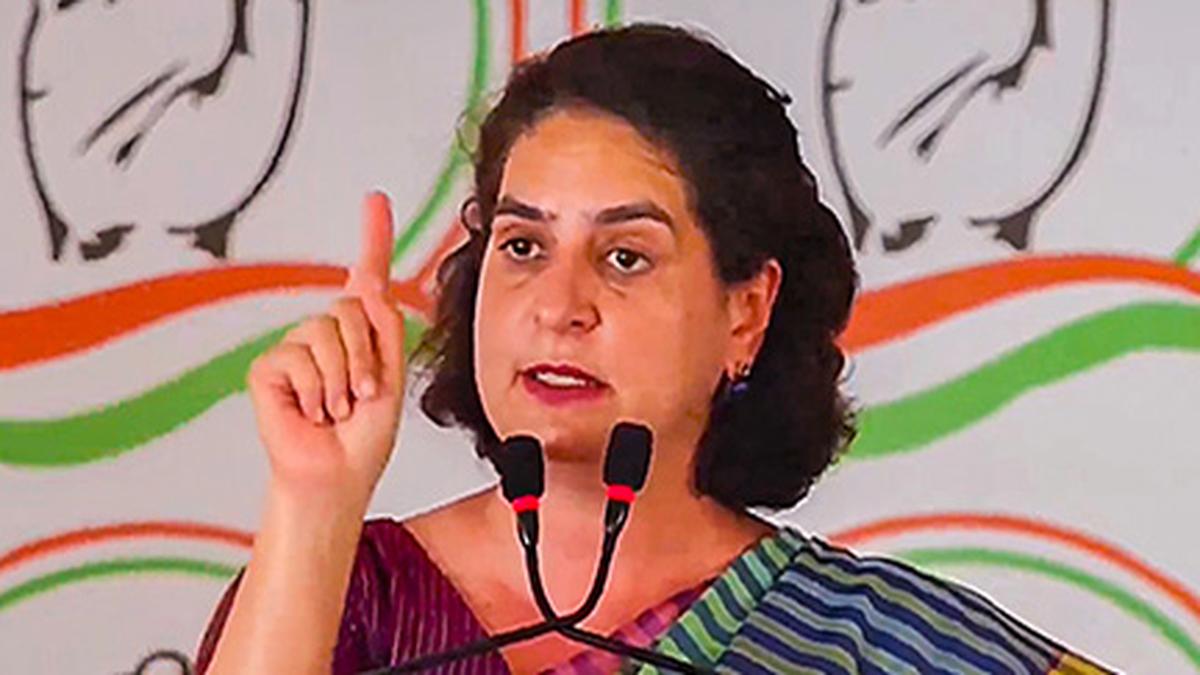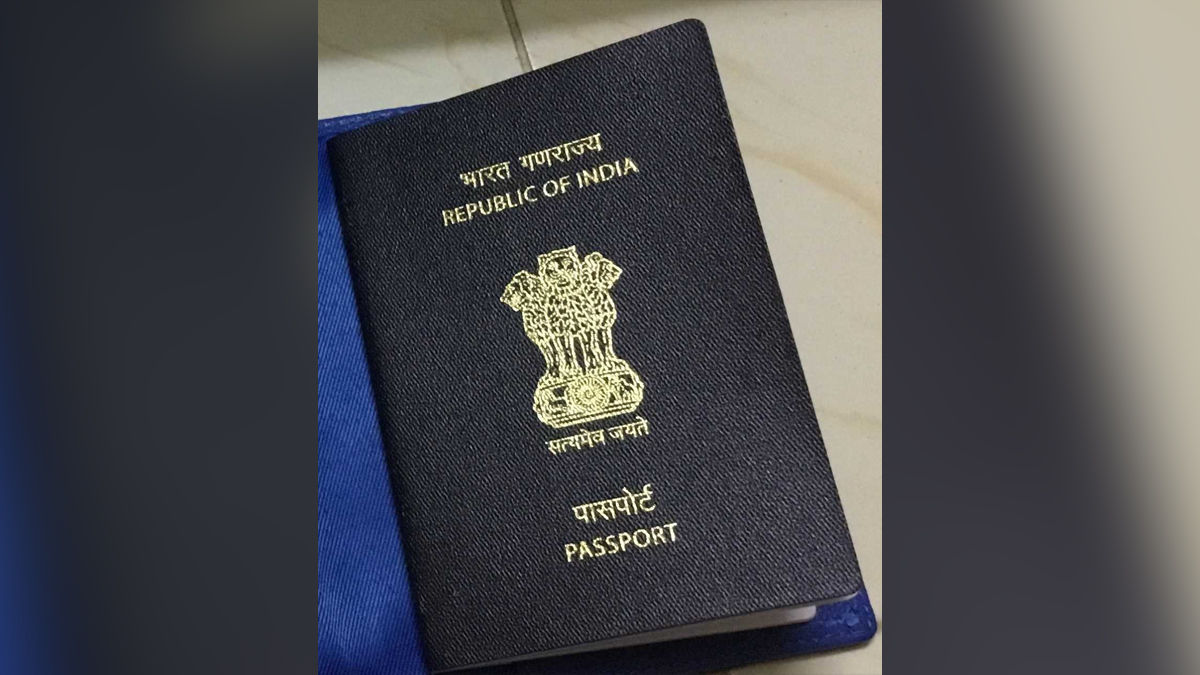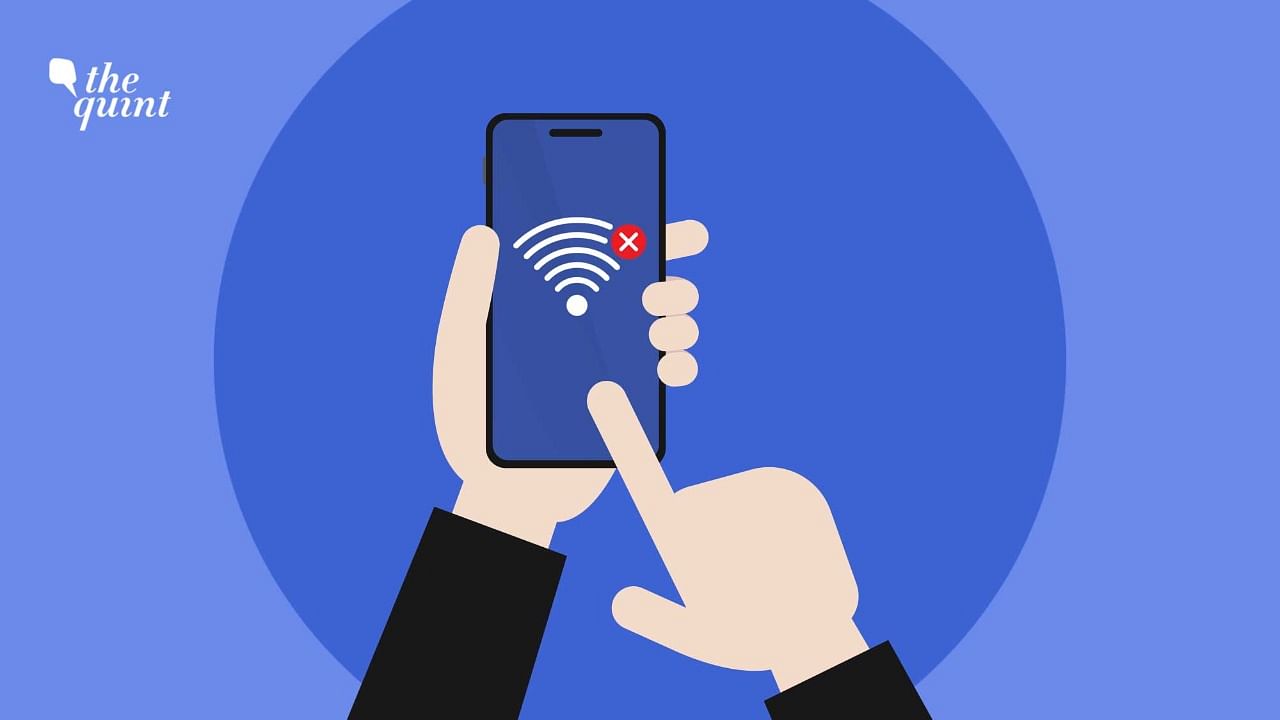
Draft Telecom Bill: Why Internet Shutdowns in India May Continue To Be Excessive
The QuintIn KS Puttaswamy vs Union of India, the Supreme Court ruled that a violation of privacy is justified as long as it passes the tests of legality, necessity, and proportionality. The test of necessity laid down by the Supreme Court, in this case, is “defined in terms of a legitimate State aim.” Since the Anuradha Bhasin judgment draws from this ruling, in the context of internet shutdowns, the first restriction implies that a shutdown measure can be exercised by the State if it is ‘necessary’ to achieve a legitimate aim. As per the Anuradha Bhasin judgment, for an internet shutdown to be proportionate in response, the authorities are required to: Determine the possible goal of imposing a shutdown See if an alternative mechanism exists to further the goal Then, the authorities are required to resort to the least-restrictive measure When asked about the implications of leaving out ‘proportionality’ from Clause 24, IFF’s Krishnesh Bapat opined that shutdown orders will still have to comply with the principle. “But it would have been much better if they had specifically included proportionality as a requirement, as a precondition to suspend internet services. They haven’t done that and so when an officer is actually applying this provision on the ground and directing internet service providers to suspend internet services, they’re only looking at the provision…they’re not thinking about whether it’s the proportional thing to do or not.
History of this topic
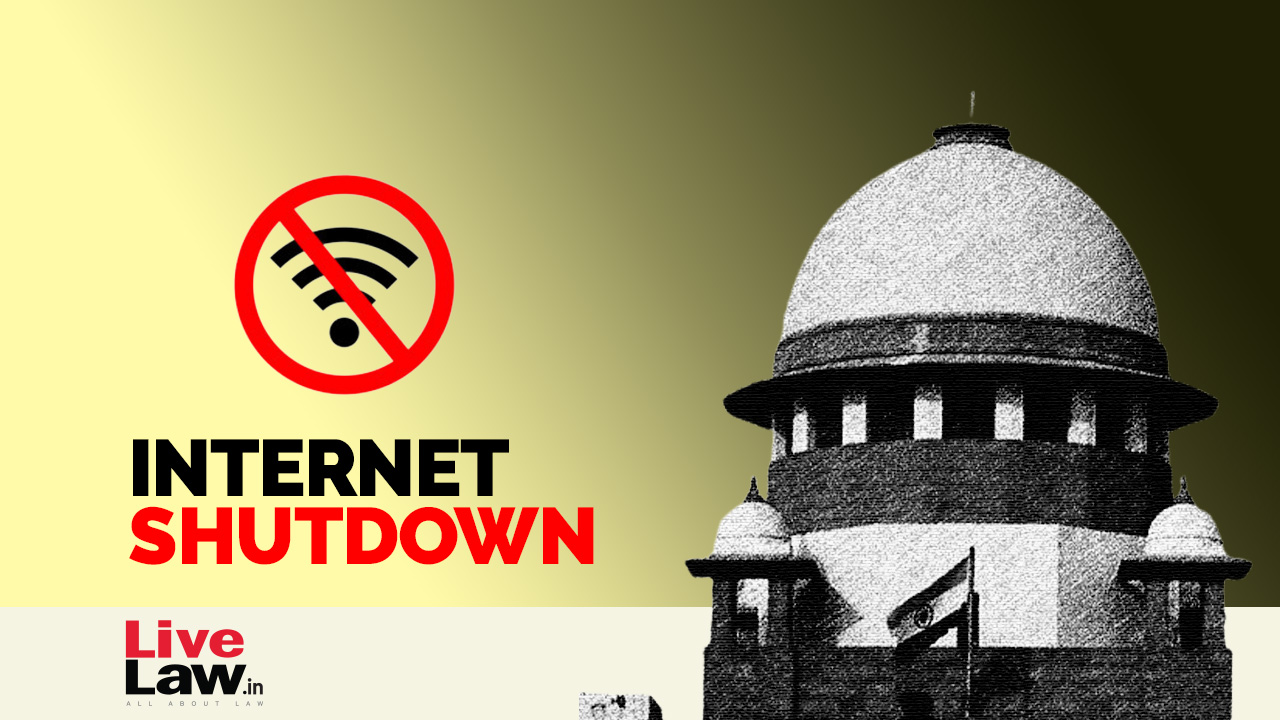
State Chief Secretaries Advised To Follow 'Anuradha Bhasin' Judgment For Internet Shutdowns : Union Tells Supreme Court
Live Law
Bureaucrats told to follow SC rulings on internet shutdowns, Centre informs judges
The Hindu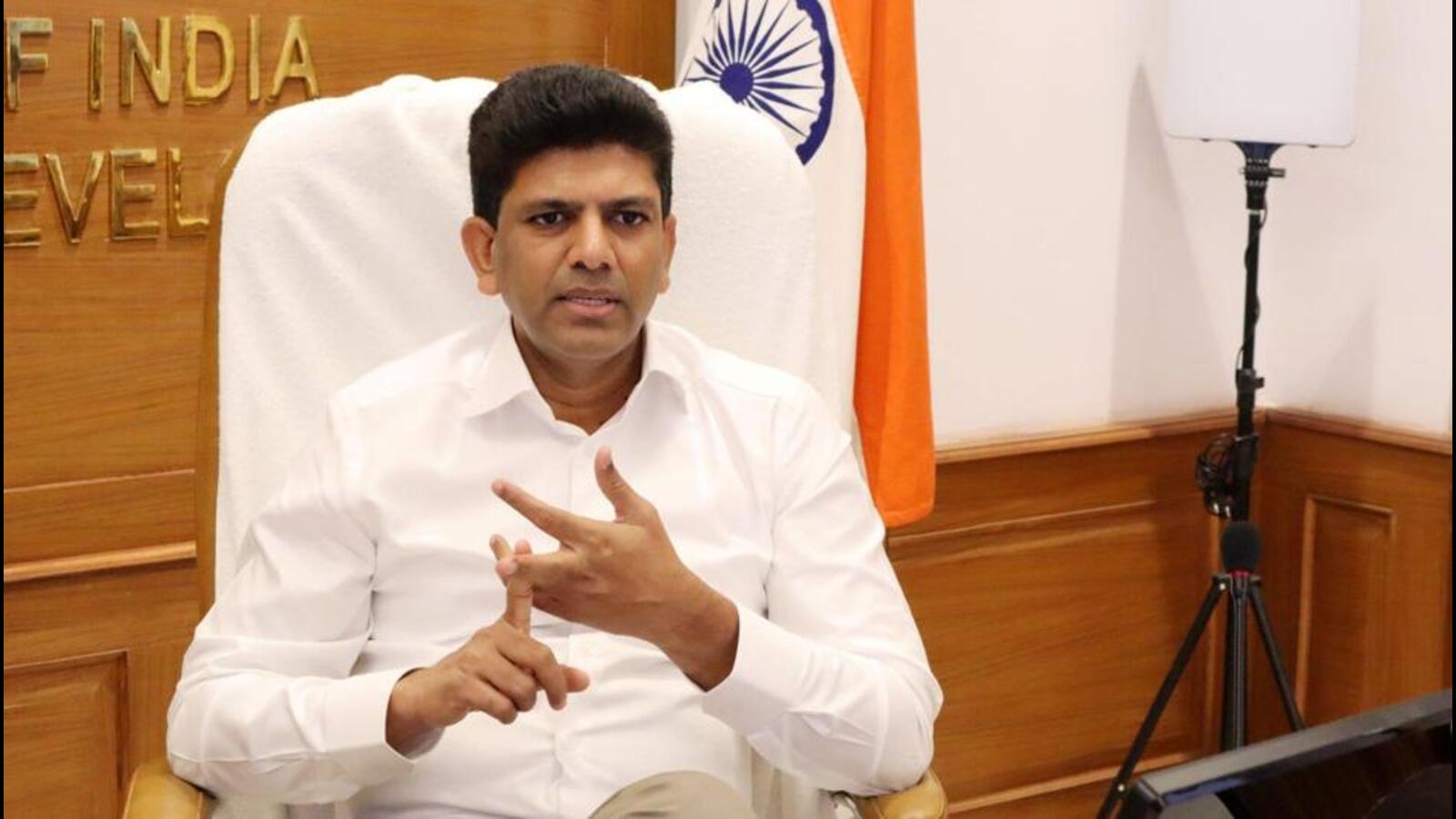
No study done to calculate economic, social impact of internet shutdowns: Minister
Hindustan TimesMeasuring internet freedom in India in the last 10 years
The Hindu
Farmers' protest: Suspension of Internet services extended in parts of Punjab till Feb 24
The Hindu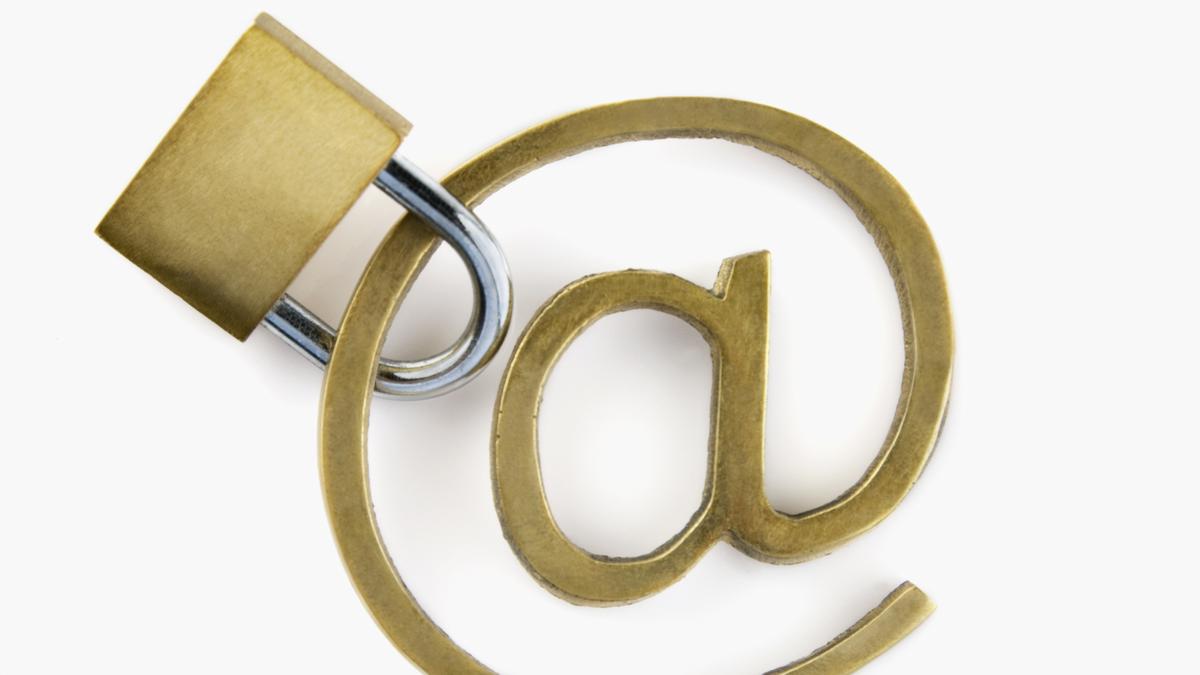
An Internet ban will not restore peace in Manipur
The Hindu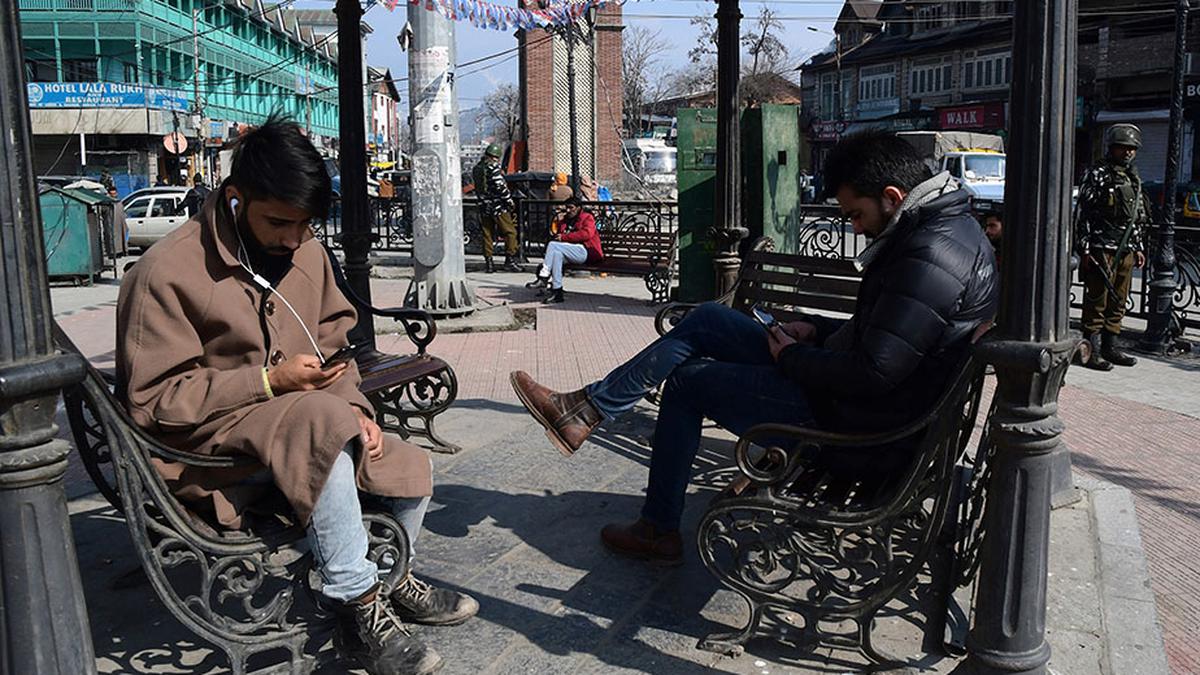
Should Internet shutdowns be used to maintain public order?
The Hindu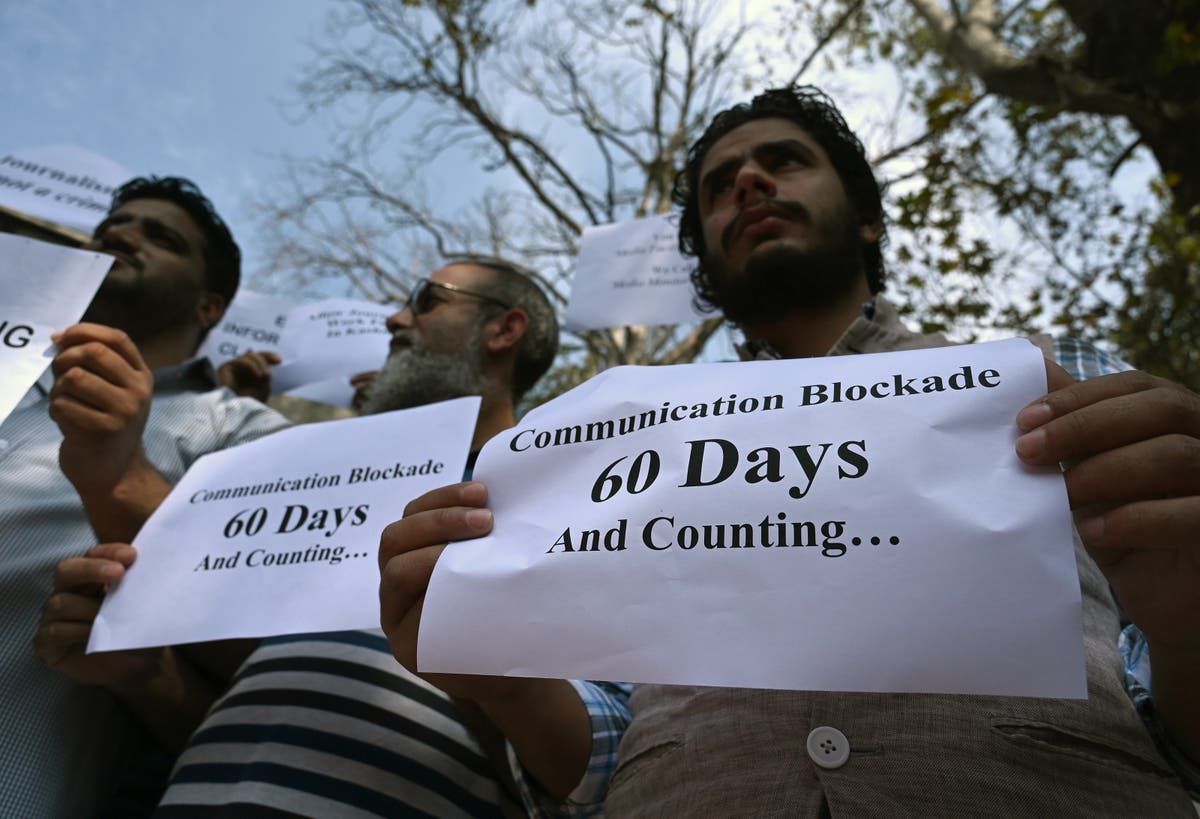
Modi government’s internet blackouts hurt the poor and curbed job opportunities, HRW says
The Independent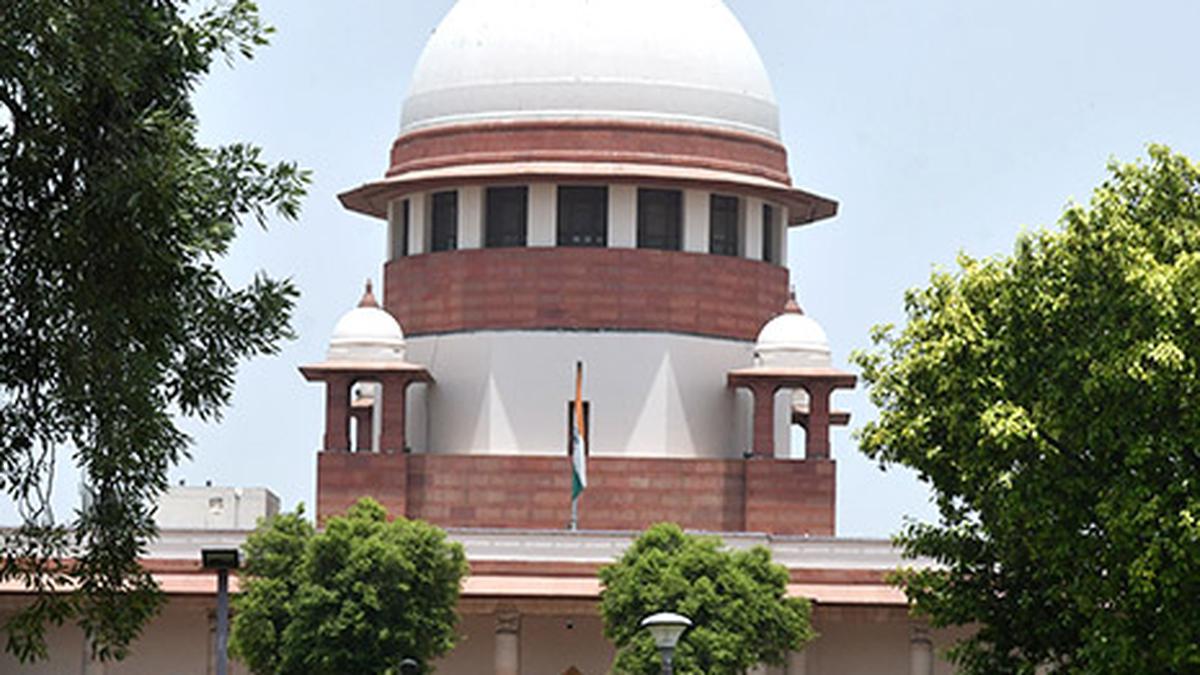
Plea in Supreme Court challenges ‘mechanical’ internet blackout in Manipur
The Hindu
Internet Shutdown In Rajasthan | Supreme Court Refuses To Entertain Petition, Directs Petitioner To Approach High Court
Live Law
After Rajasthan Govt’s Internet Shutdown To Prevent Cheating In Public Exam, Plea In Supreme Court Seeks Enforcement Of Shutdown Guidelines
Live Law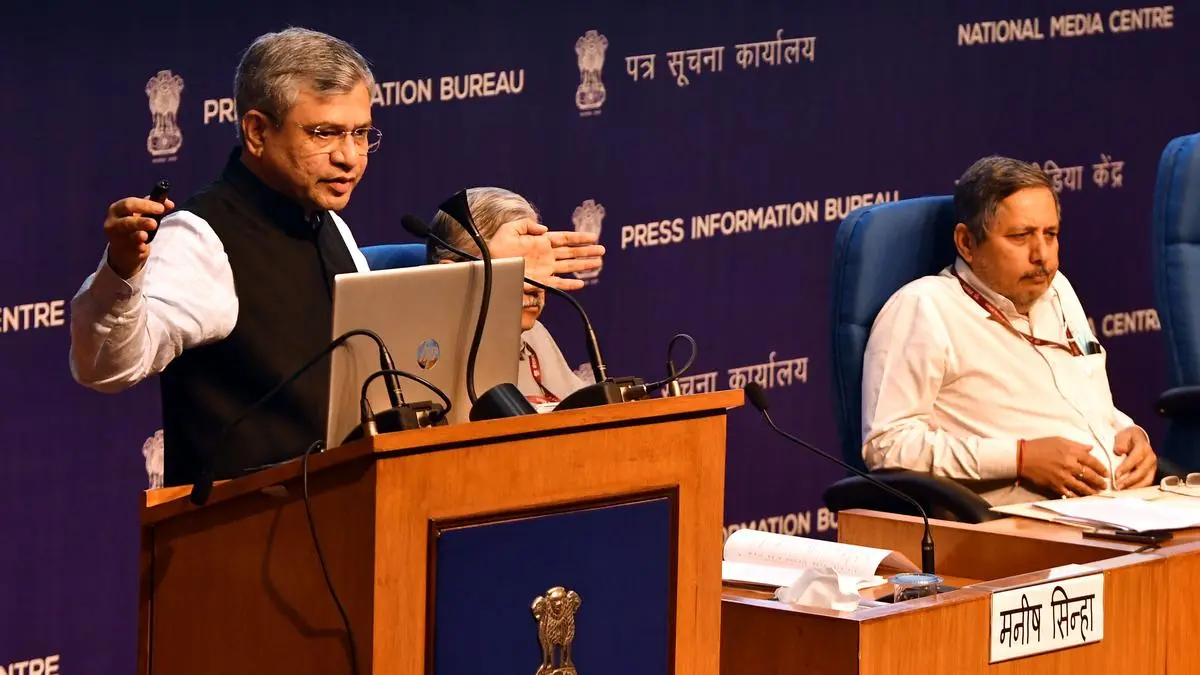
Draft Indian Telecommunication Bill, 2022
The Hindu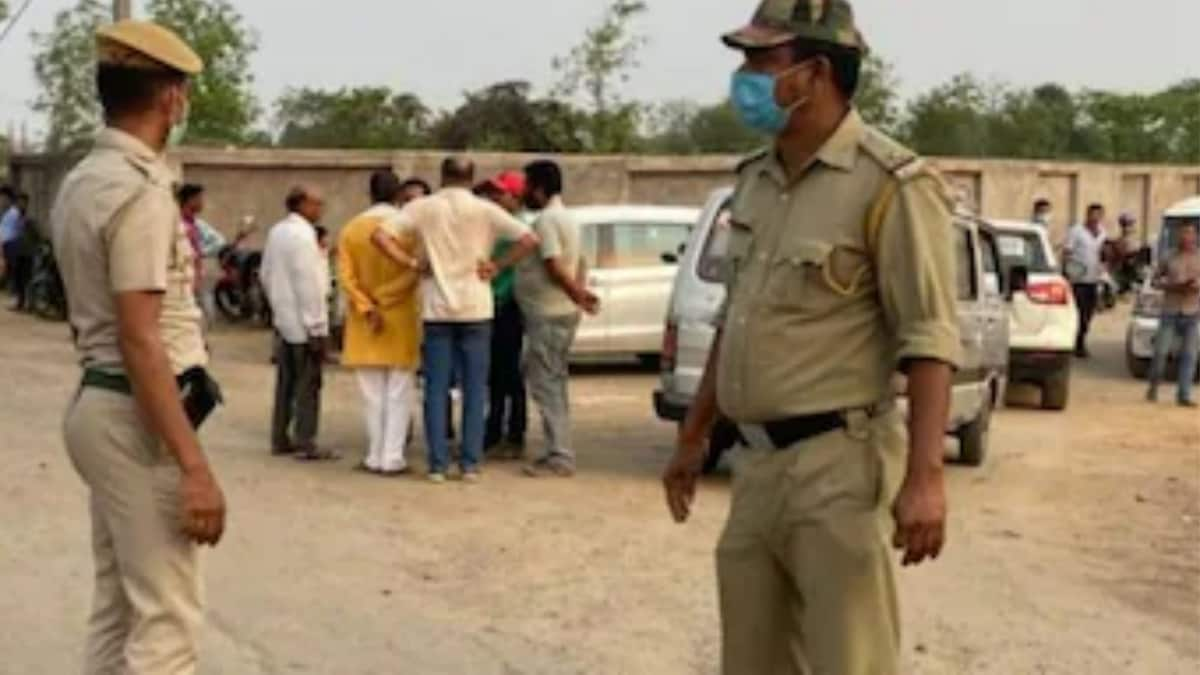
Manipur Internet Shutdown: Assam MP Writes to Communications Minister Ashwini Vaishnaw
News 18
Internet shutdowns bleeding businesses, hitting country's image
Business Standard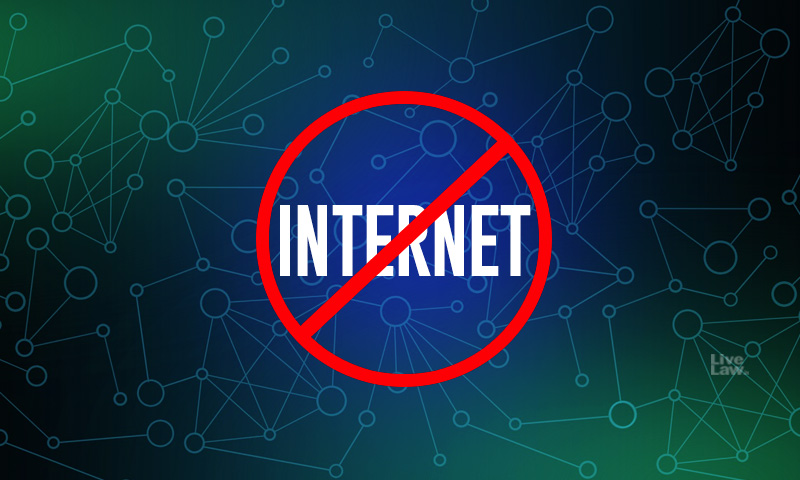
'Arbitrary And Illegal"- Lawyer Moves Supreme Court Challenging Suspension Of Internet Services In Rajasthan
Live LawBehind the great Indian Internet shutdown
The Hindu)
Haryana suspends mobile internet in five districts ahead of farmers protest today; Section 144 imposed in Karnal
FirstpostThe cost of Internet shutdowns
The HinduDiscover Related

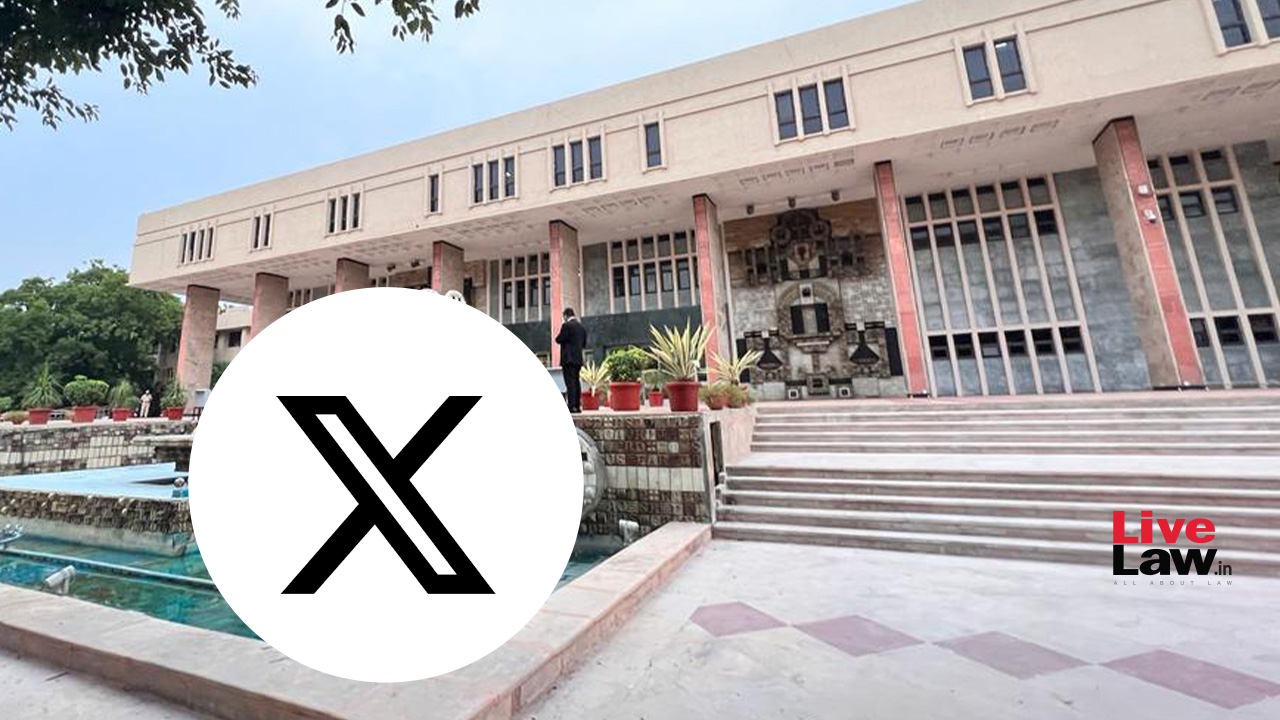

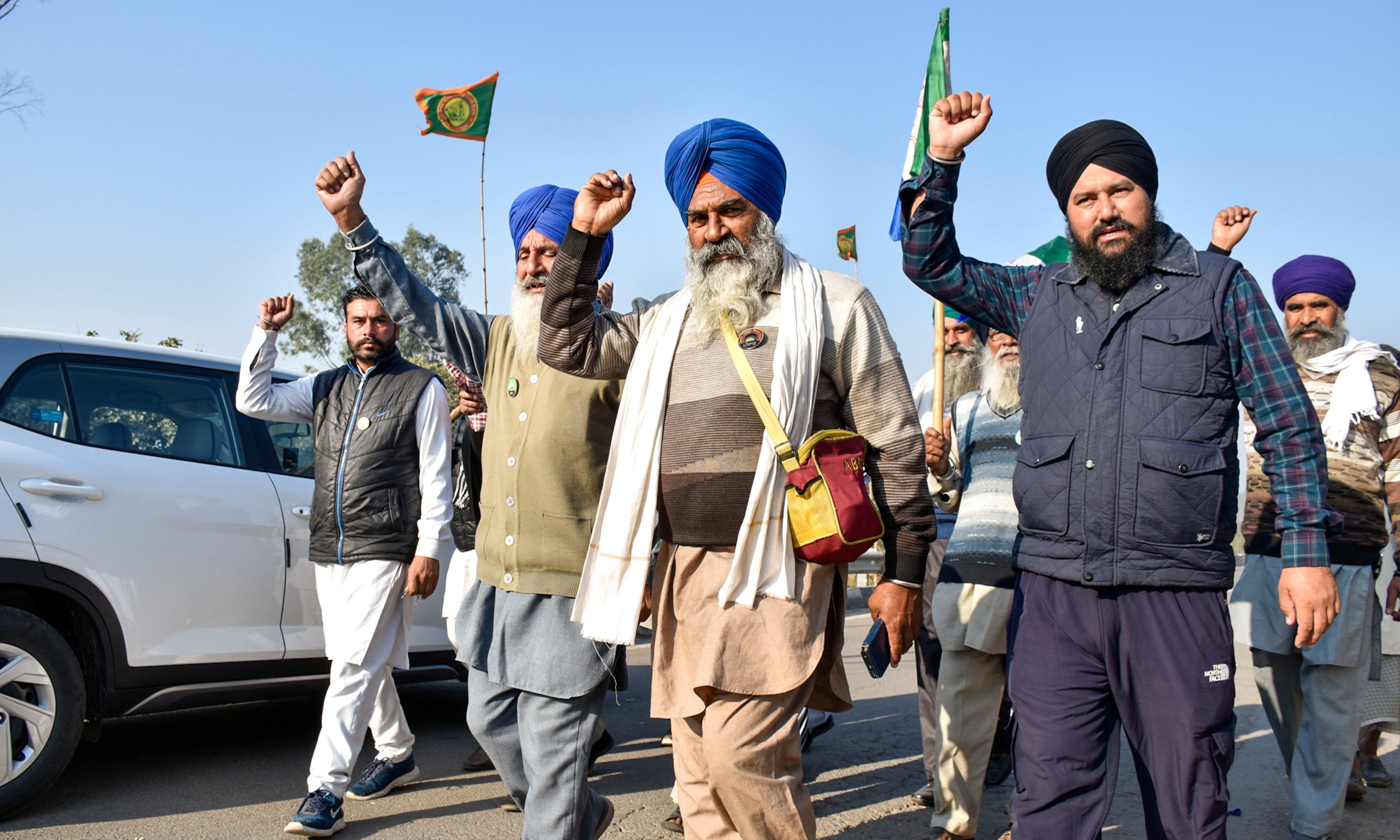


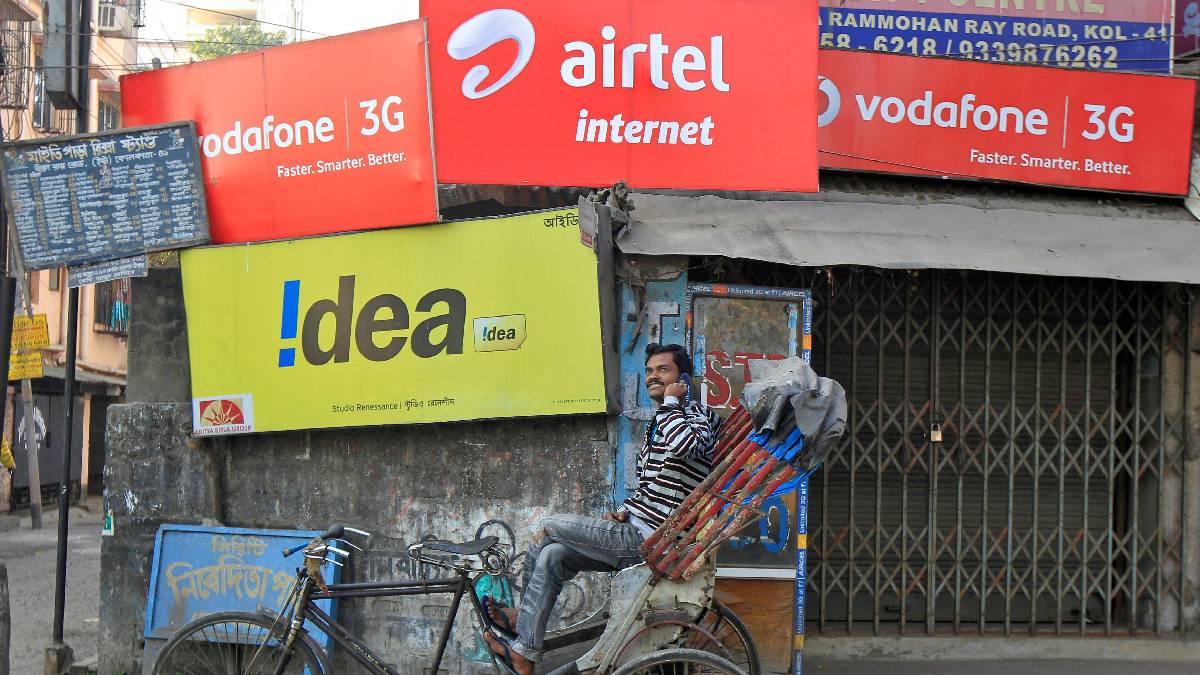

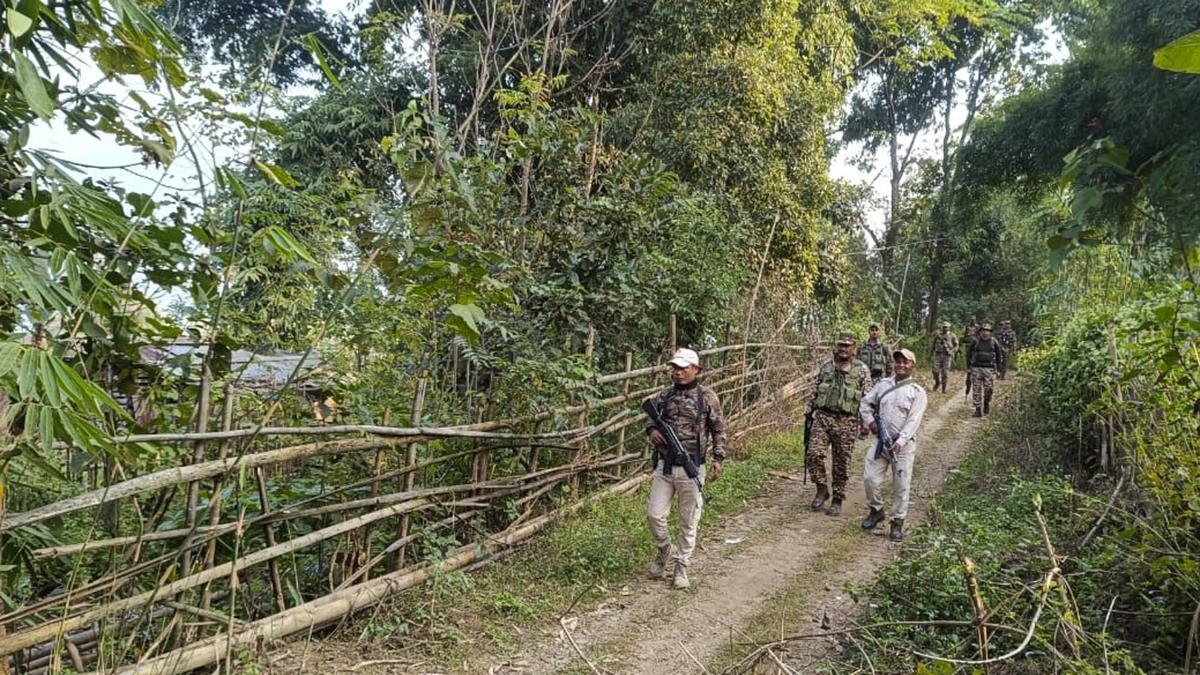
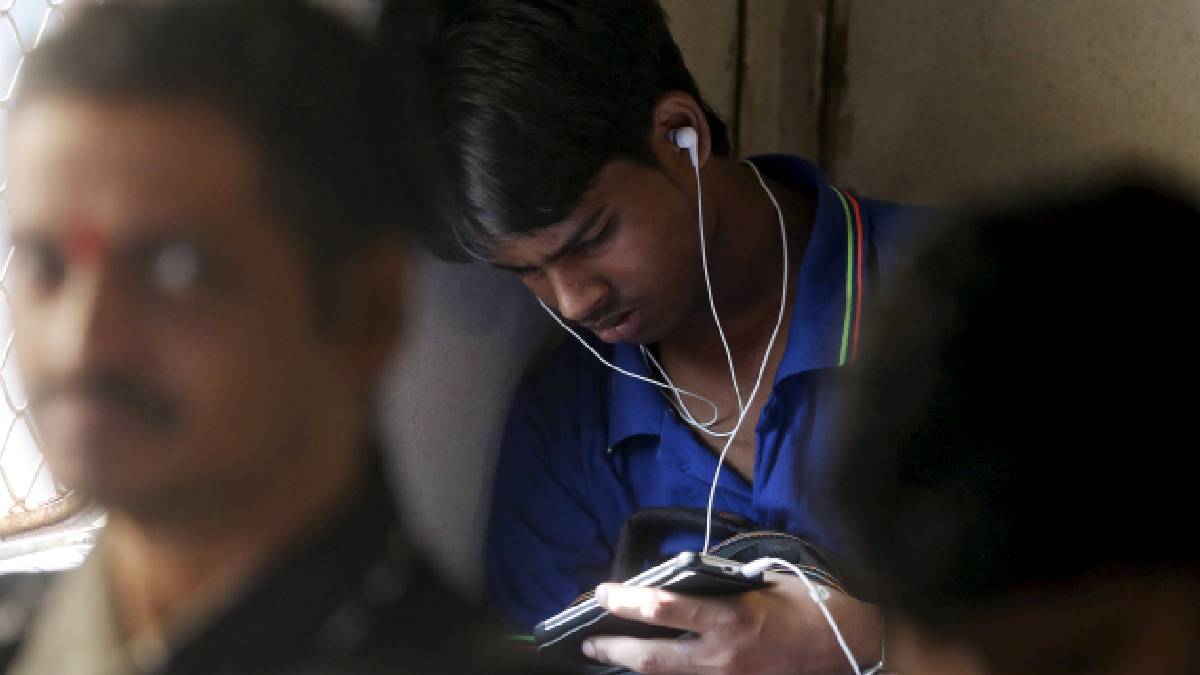
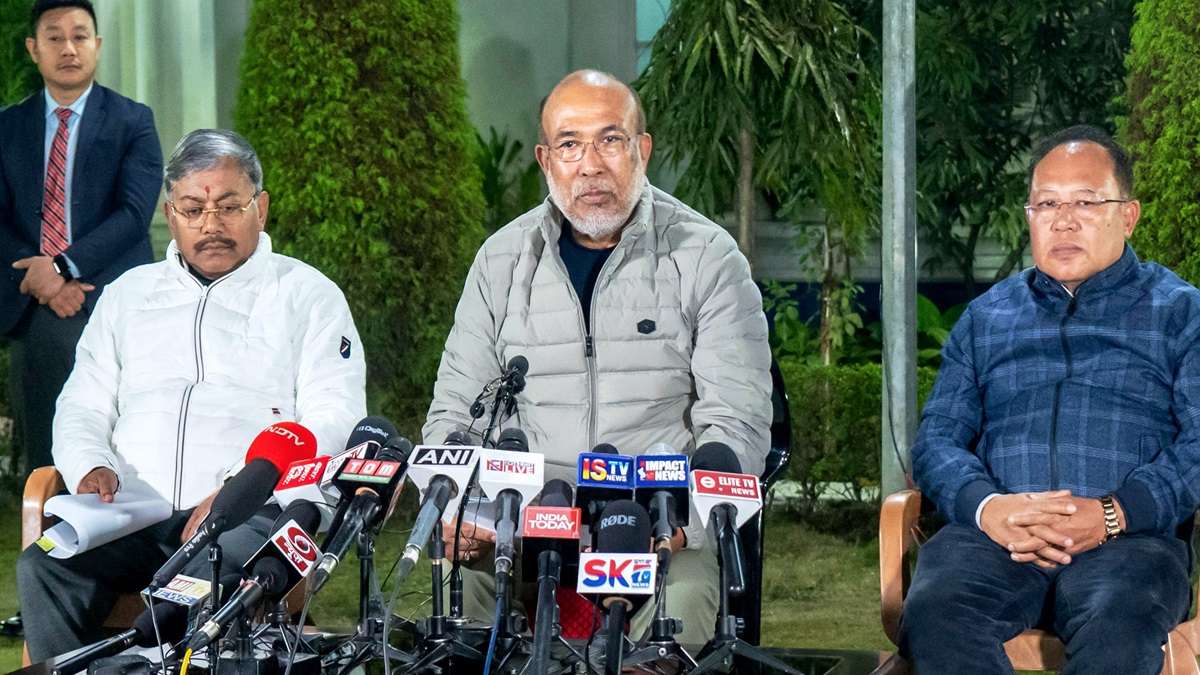
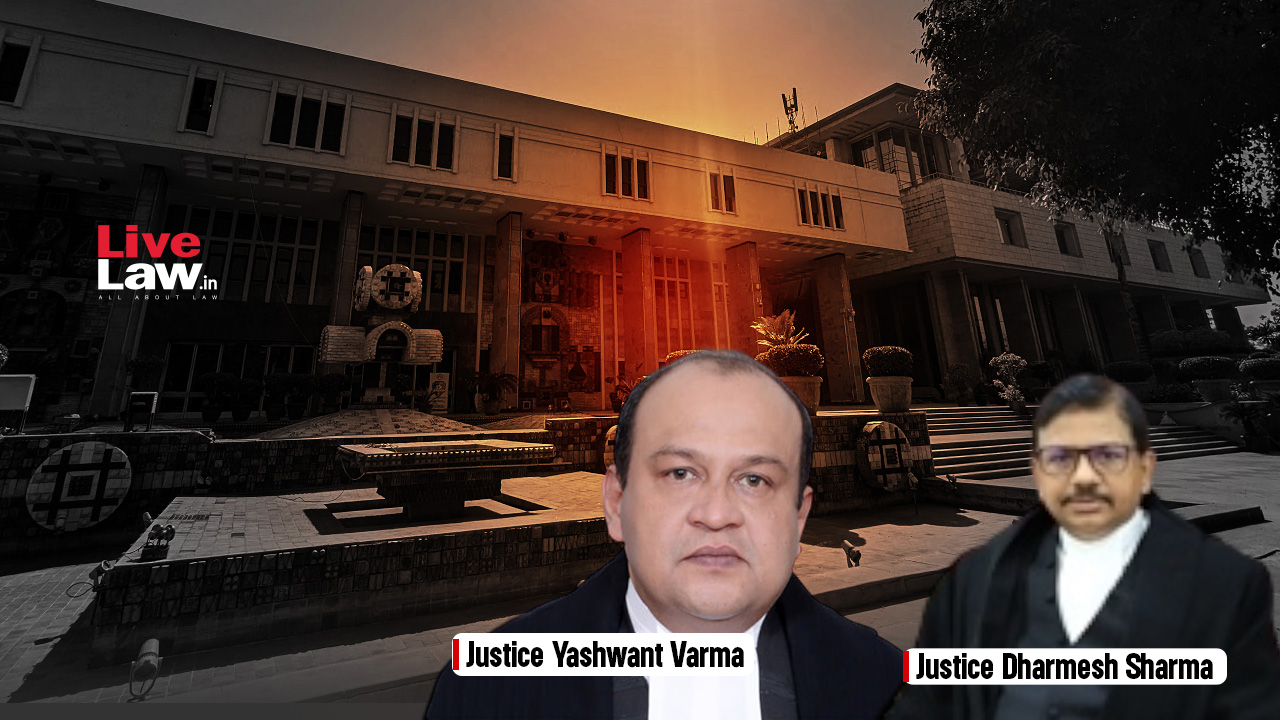




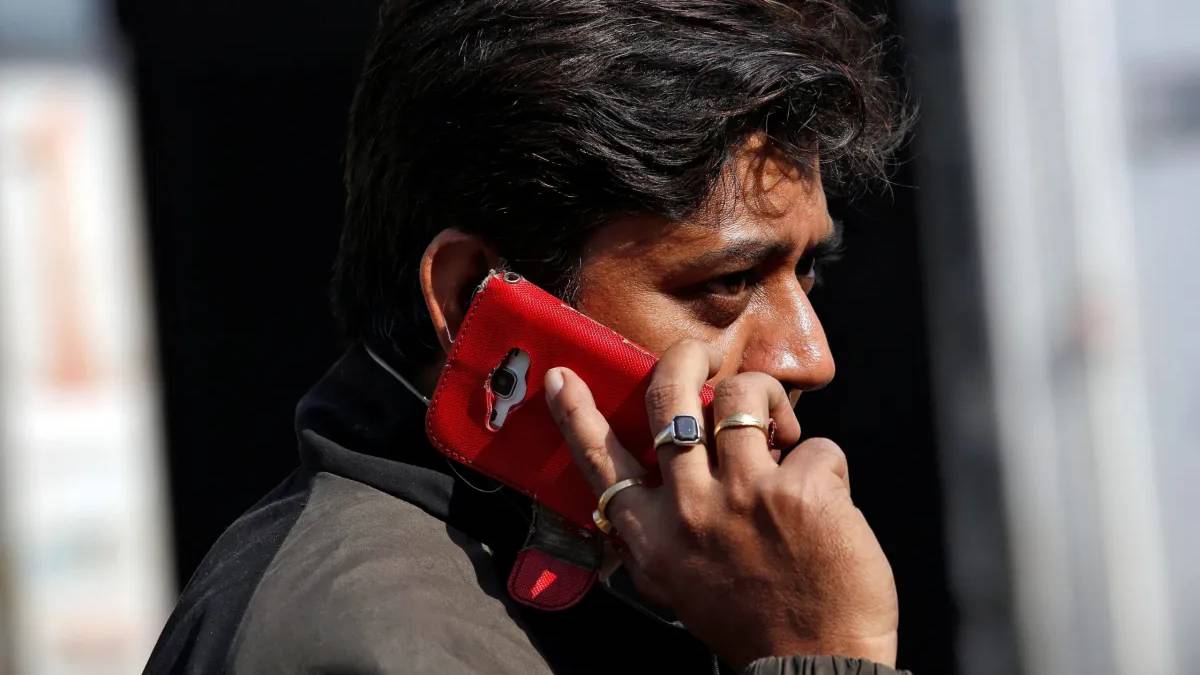
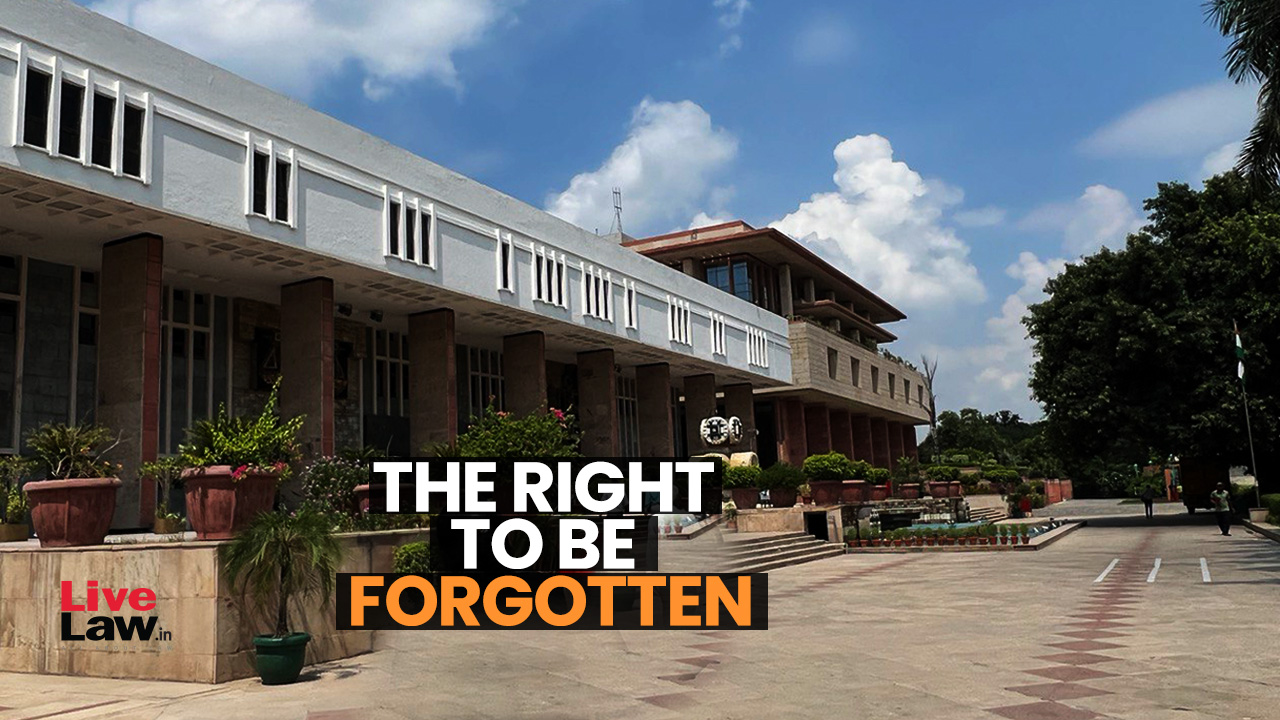

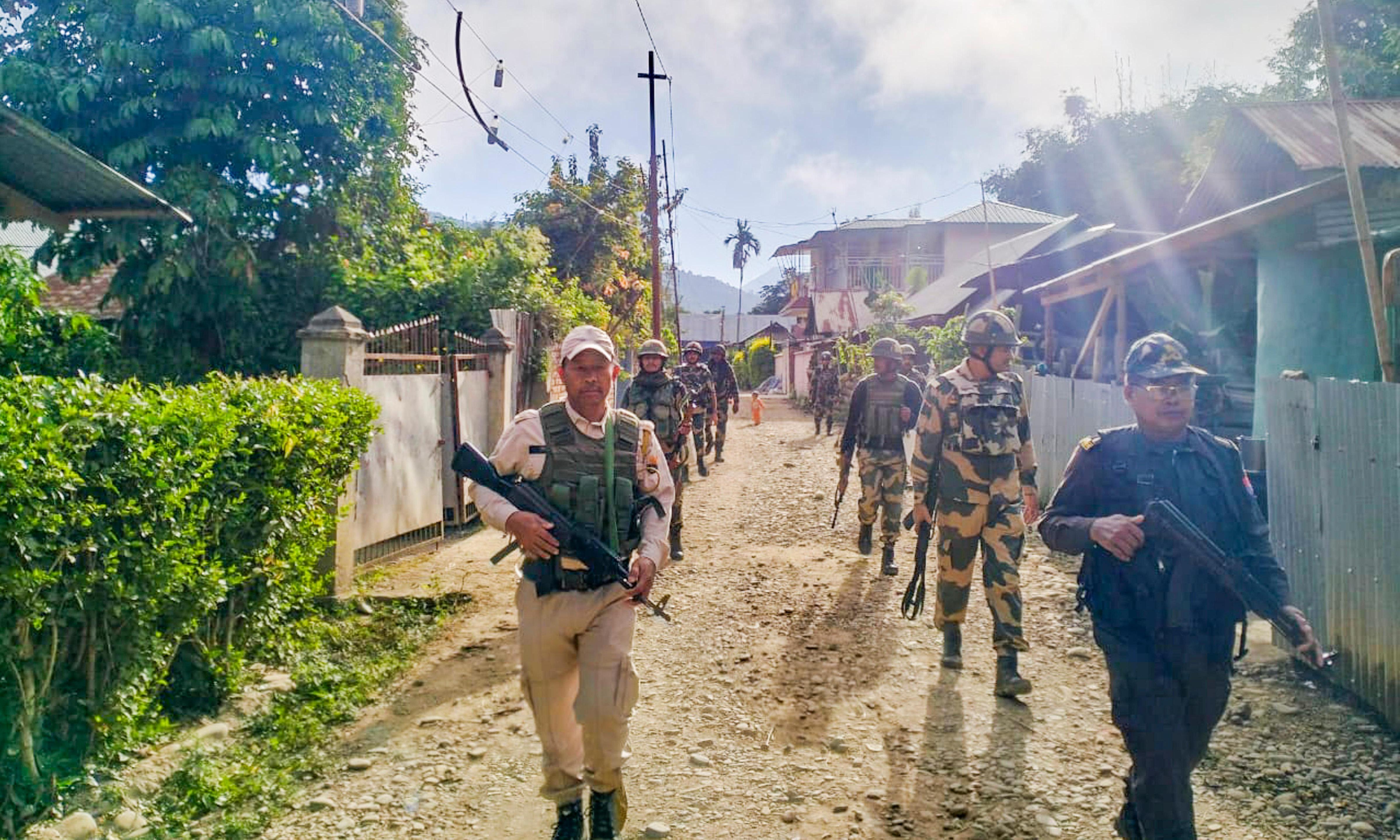




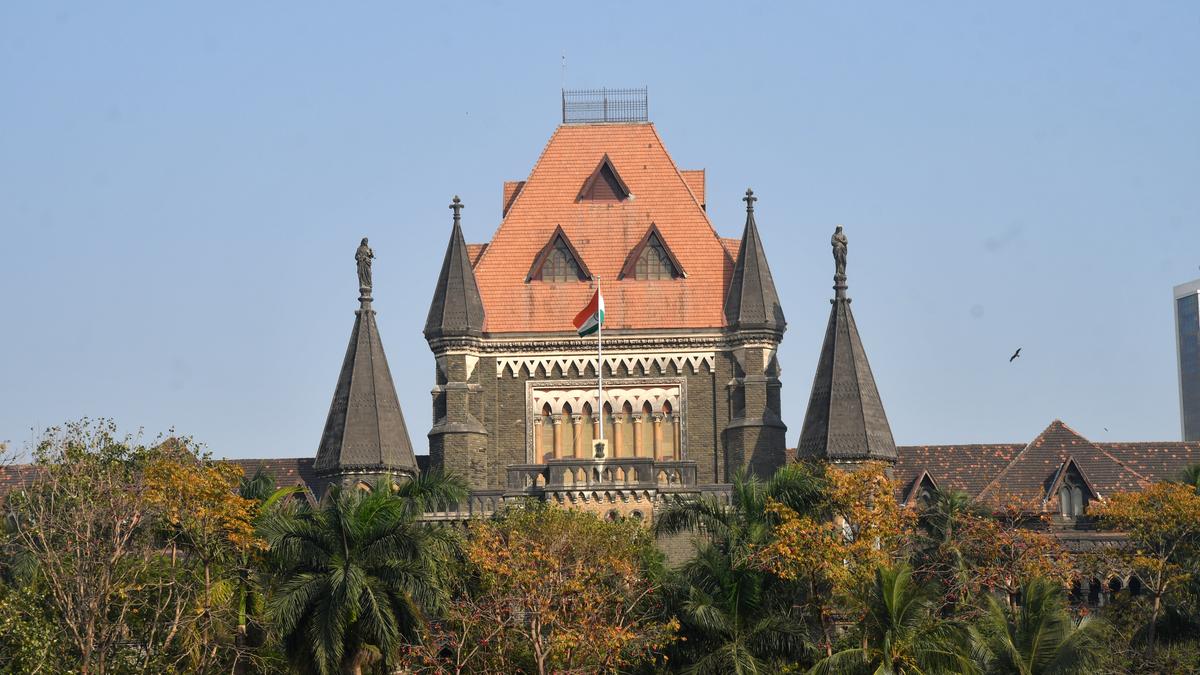
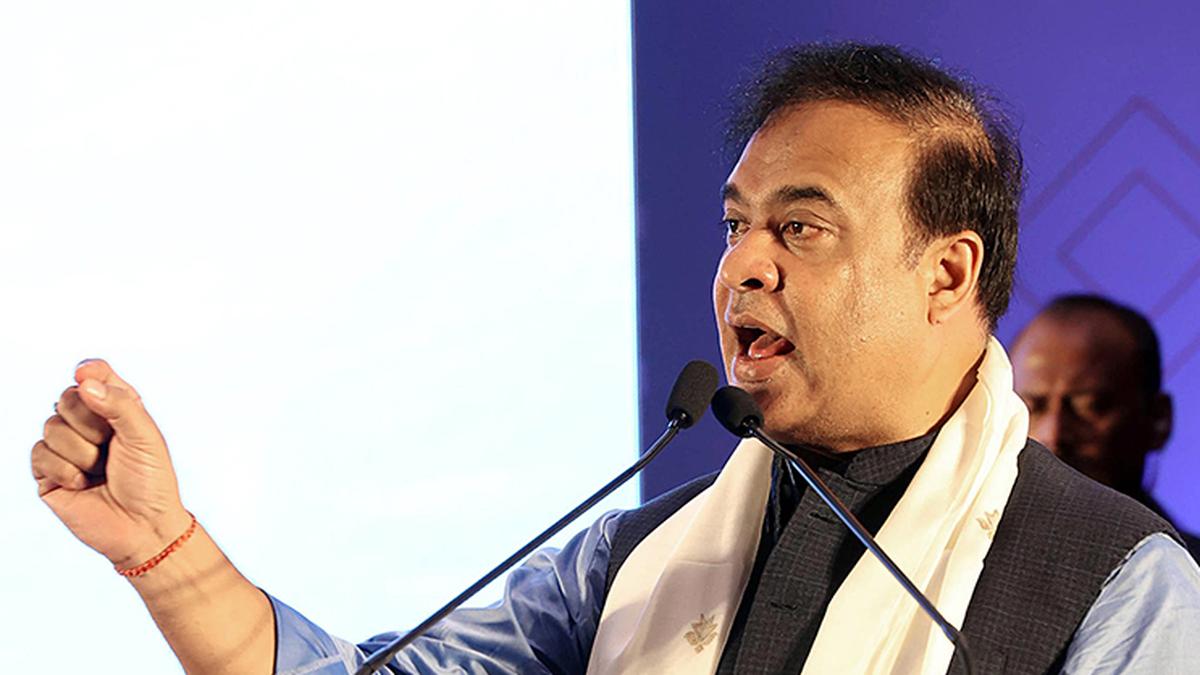

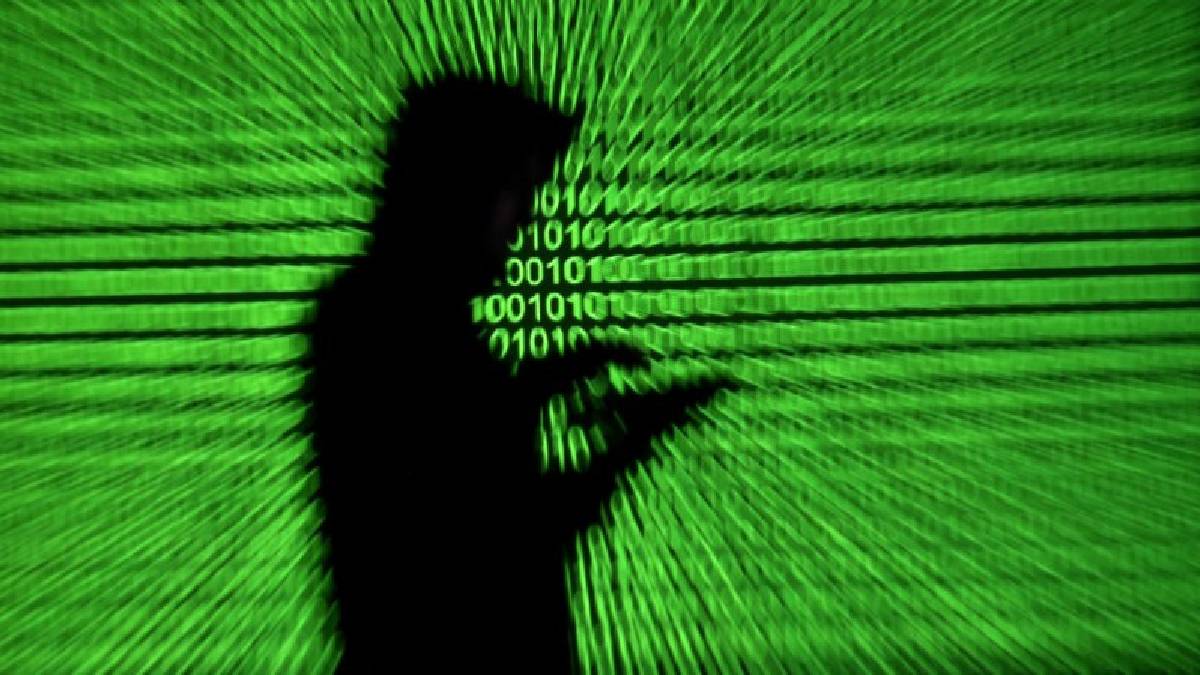


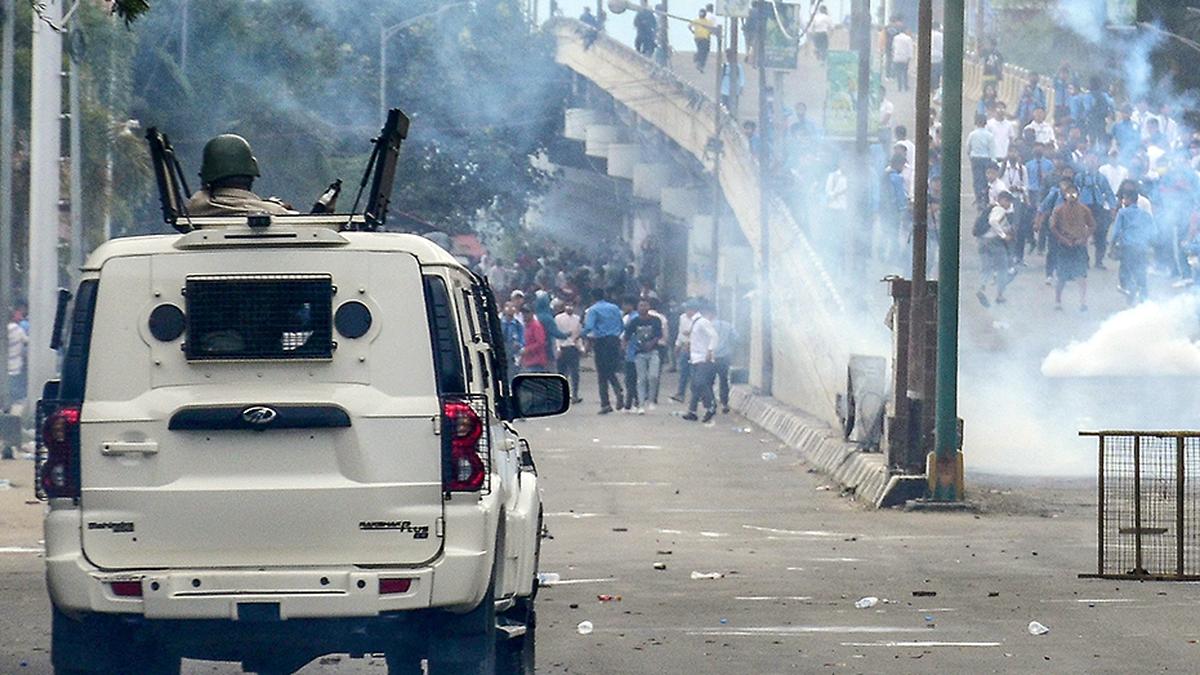

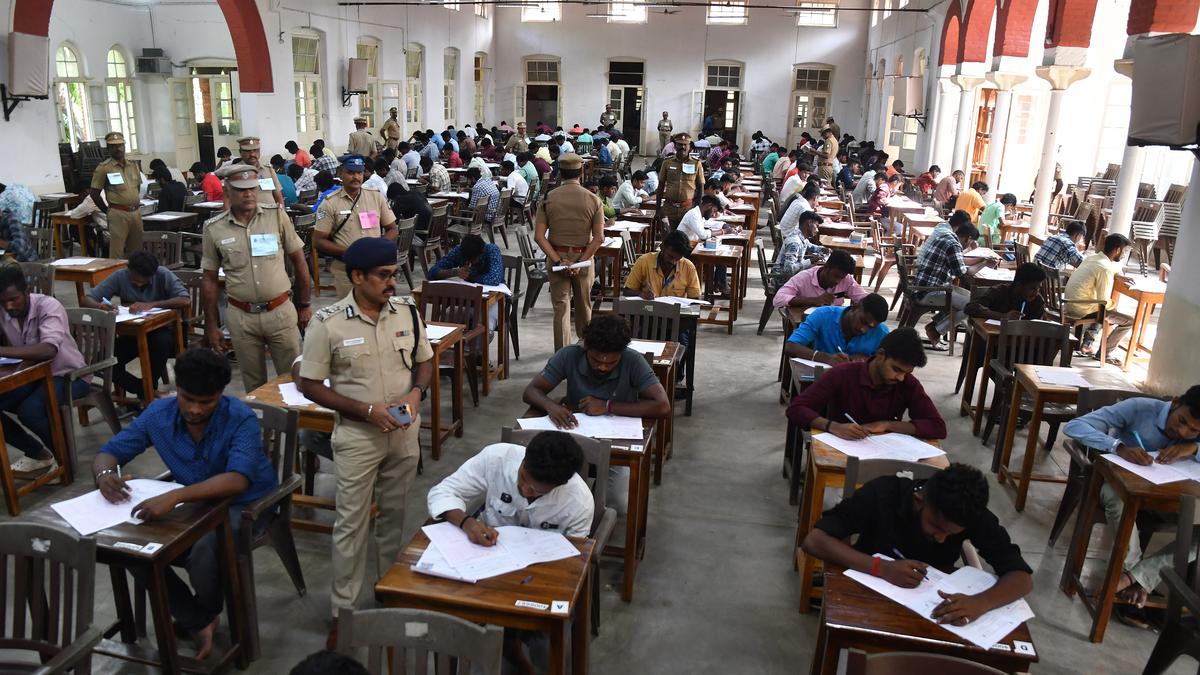


)



